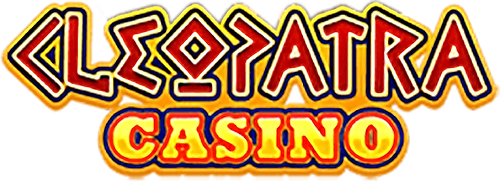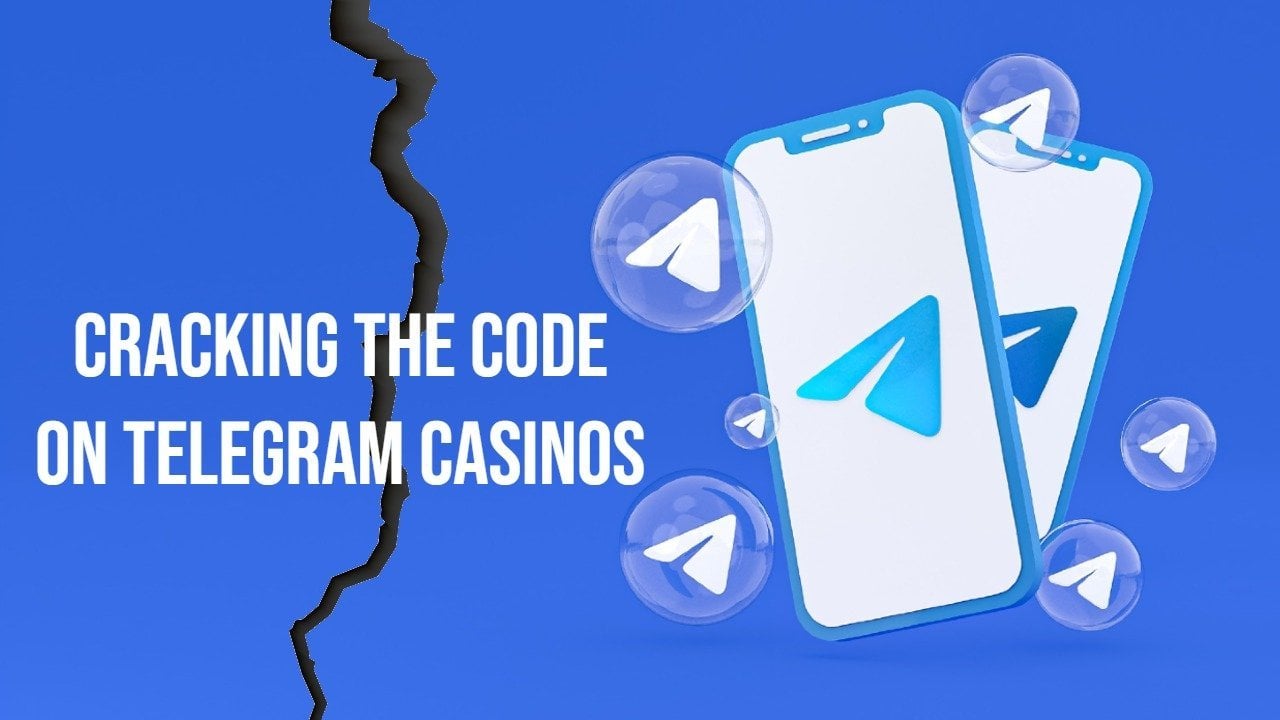-
Casinos for you
Loot Boxes Exposed: The Truth About Games With Loot
By GamblersPick Apr 16, 2020.jpg.3312565d137ba66afe808725fed694fa.jpg) Loot boxes are an ever-present temptation for gamers, but what's the real deal about games with loot? Here's what you need to know about loot boxes in games.
Loot boxes are an ever-present temptation for gamers, but what's the real deal about games with loot? Here's what you need to know about loot boxes in games.Games with loot are everywhere these days. They aren't restricted to free mobile games that try to leech from your wallet anymore. In the third quarter of 2019, gamers spent a staggering $1.4 billion on these so-called microtransactions.
Loot boxes came to be controversial with the release of Star Wars Battlefront 2 back in 2017. This game was full-price and should have given players everything as part of the game's progression. Instead, gamers had to make their characters more powerful through loot boxes that were randomly won during games.
In theory, this should have been fair across the board, with random upgrades given to players equally. Yet this is where microtransactions rear their head: some gamers paid real money to buy more loot boxes and progress faster. The result was an unbalanced competitive videogame.
Yet this isn't the only problem with loot boxes. Some countries have been asking one key question: are loot boxes gambling? They rely on chance, so are they?
In this article, we're going to take a look at microtransactions in video games to see whether loot boxes are similar to gambling. Read on and find out more!
What Are Loot Boxes?
Loot boxes are exactly like they sound like: they're digital boxes that are full of loot to help players in the game. Some argue that games with loot begin with Blizzard's Overwatch but they go back further than that.
Team Fortress 2 is a game published by Valve that was released back in 2007. For a while, it was a standard online shooter but it later started adding more and more cosmetic items. It soon got to the point where Team Fortress 2 was jokingly referred to as a "hat simulator" by gamers.
After a while, Valve began adding more weapons to the games. These could be won through chance but players would sometimes be rewarded with a locked loot box. To unlock it, you'd need a key.
These keys became something of a cryptocurrency. Players could buy items with keys and skip the crate or even pay for game codes with keys on various websites.
Overwatch took this model but it can be differentiated from other games with loot by the fact that all of its loot box items are cosmetic. Players won't lose anything if they don't unlock them.
Mobile games are typically much more predatory with their loot boxes, with free games offering faster progress in exchange for real money, which buys the player a loot box.

What is the Problem With Loot Boxes?
Microtransactions in video games are controversial for several reasons. First off, there's the way it affects gameplay. If players can pay-to-win, players who don't pay have the odds stacked against them: see Battlefront 2's problems.
Then there are the ethical issues. A lot of these games will be played by children, often on their parents' devices. The same devices that have their parents' payment information saved.
You can see where this is going, can't you? You don't have to look far to see reports of children spending thousands of dollars on their parents' cards in these games. You can argue that the parents should have their information more locked down, but are games with loot preying on children?
Other people have argued that loot boxes are a gateway to gambling, setting up children for a life of addiction. This is somewhat alarmist but it does betoken a significant point. Are loot boxes gambling?
If they are, how are governments going to regulate it?
It's hard to argue against the theory that loot boxes are gambling. When randomly won, they rely on pure chance, but there's always that temptation to pay more to get more loot boxes for better odds. They might not be a casino game, but the same larger purpose is at play.
One of the psychological hallmarks of gambling addiction is "loss chasing". This is an attempt to claw back lost money through more gambling. Is it loss chasing to buy more loot boxes in the hopes of getting that rare gear you've not yet won?
How Games With Loot Are Being Regulated
In the United States, games with loot are not being regulated as gambling. Around the world, however, governments have started looking at microtransactions in video games with a more skeptical eye.
In the United Kingdom, for instance, officials have recommended that loot boxes be treated as gambling. This would put a tighter age limit on games with loot boxes and require a maximum daily spend limit be enforced for children.
In Japan, the government ruled that gamers would no longer be able to assemble a collection of items they've won from loot boxes into a more powerful item. These prizes would be treated as such under Japanese gambling law. As a result, the so-called "complete gacha" have been removed from most Japanese games, despite some loopholes.
The Dutch Gaming Authority wrote a study in 2018 that found that four of 10 studied games violated gambling laws. As a result, popular video games like Team Fortress 2 and Rocket League no longer let Dutch players open loot boxes. Similar legislation was put into place in Belgium.
In Australia, the government has recently proposed that loot boxes should be locked behind an age-gate. To access them, players would need to verify their age with the company. Meanwhile, New Zealand has so far argued that loot boxes do not constitute gambling.

Should Loot Boxes Be Regulated?
There isn't a strong argument to be made against the idea of loot boxes being gambling. They rely on chance and can have catastrophic effects on their players' wallets. While we aren't arguing for a ban on games with loot, they should face tighter regulation as online gambling does today.
If you're a fan of loot boxes and buy them regularly, we would recommend checking out our list of tips for gambling responsibly in 2020.
Tags
Related Blog Posts
-
CASINOS
- Popular
- Specialty
- Features
- Casinos By
-
BONUSES
- Popular
- By Type
-
GAMES
-
Slots
- Popular
- By Software
- Variations
- Features
-
Blackjack
- Popular
- Variations
- Features
-
Roulette
- Popular
- Variations
- Features
-
Video Poker
- Popular
- Variations
- Features
-
Craps
- Popular
- Features
-
Baccarat
- Popular
- Features
-
Poker
- Popular
- Variation
- Features
-
More Games
- Keno
- Bingo
- Fixed Odds
- Other Games
-
JACKPOTS
- Popular
- By Game
- By Software
-
COMMUNITY



.png.0f651d9e8ab97819d8e6bcc89d162b26.png)

.png.a0acfd195007976e042ec7e6bcc699bc.png)











.jpg.0a8953c2183d4345714e09106621555c.jpg)


.jpg.6b9828f10acec861aa6d7ecd9550803e.jpg)









.jpg.6b9828f10acec861aa6d7ecd9550803e.jpg)
![Gauging Investors’ Stock Market Knowledge [Survey]](/uploads/monthly_2021_09/stock-market-smarts-header.jpg.ed9e6b59e99212d460da620a6bcb5d24.jpg)






Recommended Comments
There are no comments to display.
You can post now and register later. If you have an account, sign in now to post with your account.
Note: Your post will require moderator approval before it will be visible.
Write a comment